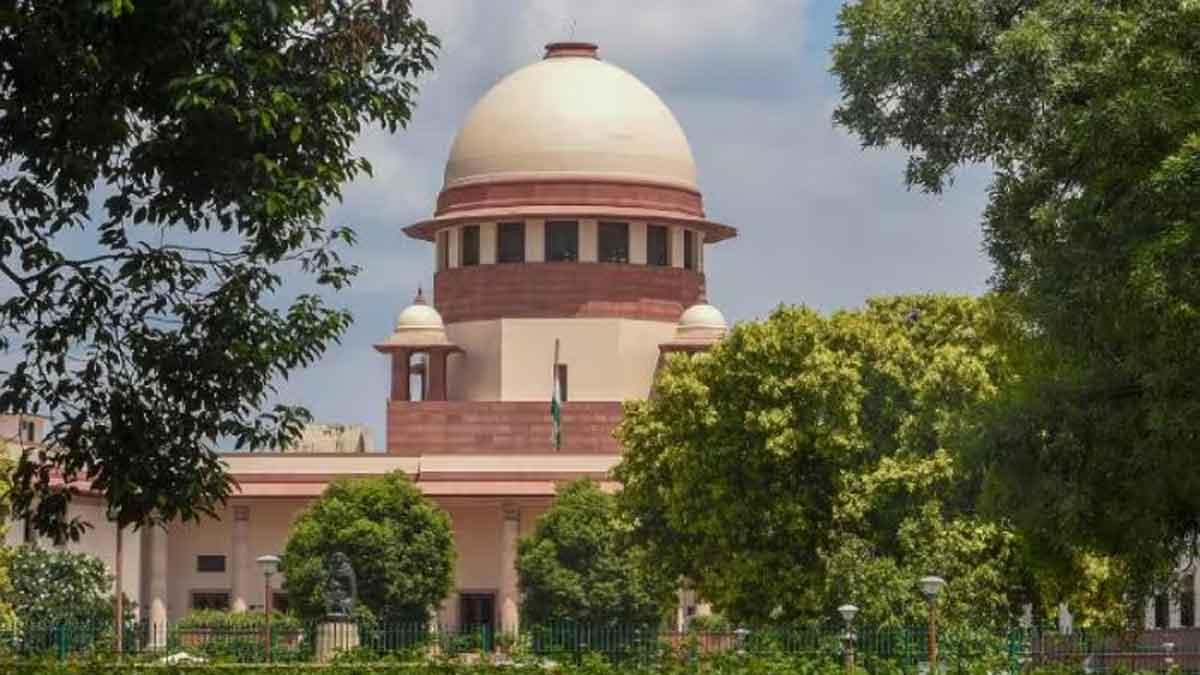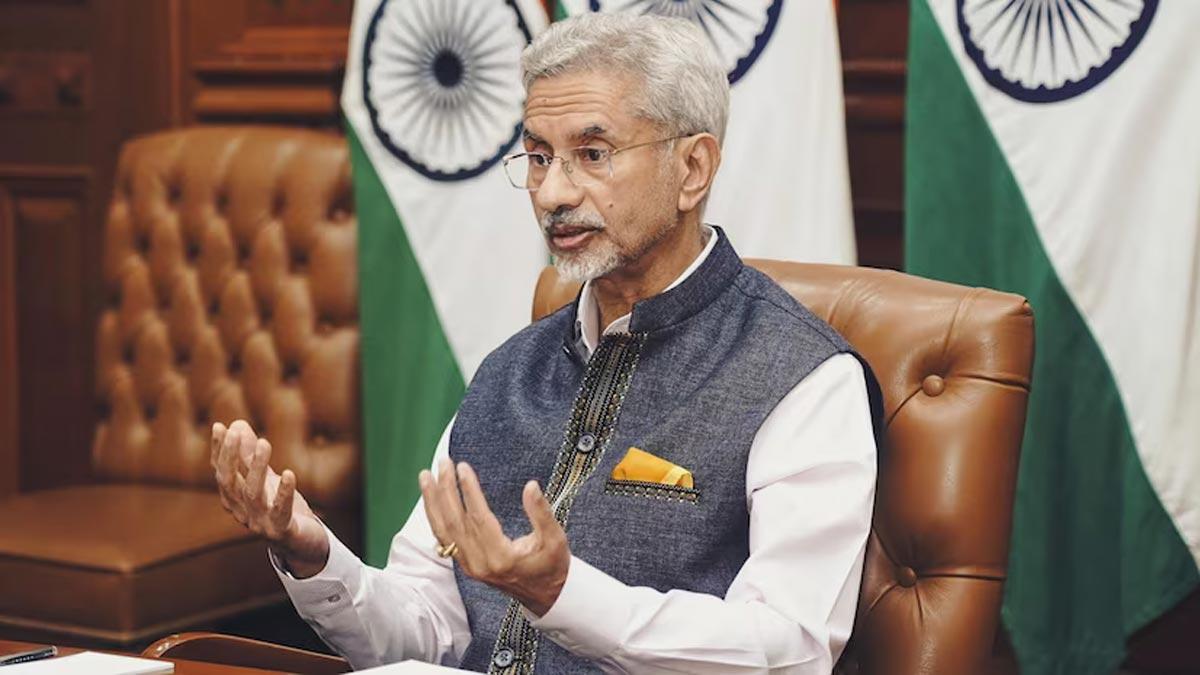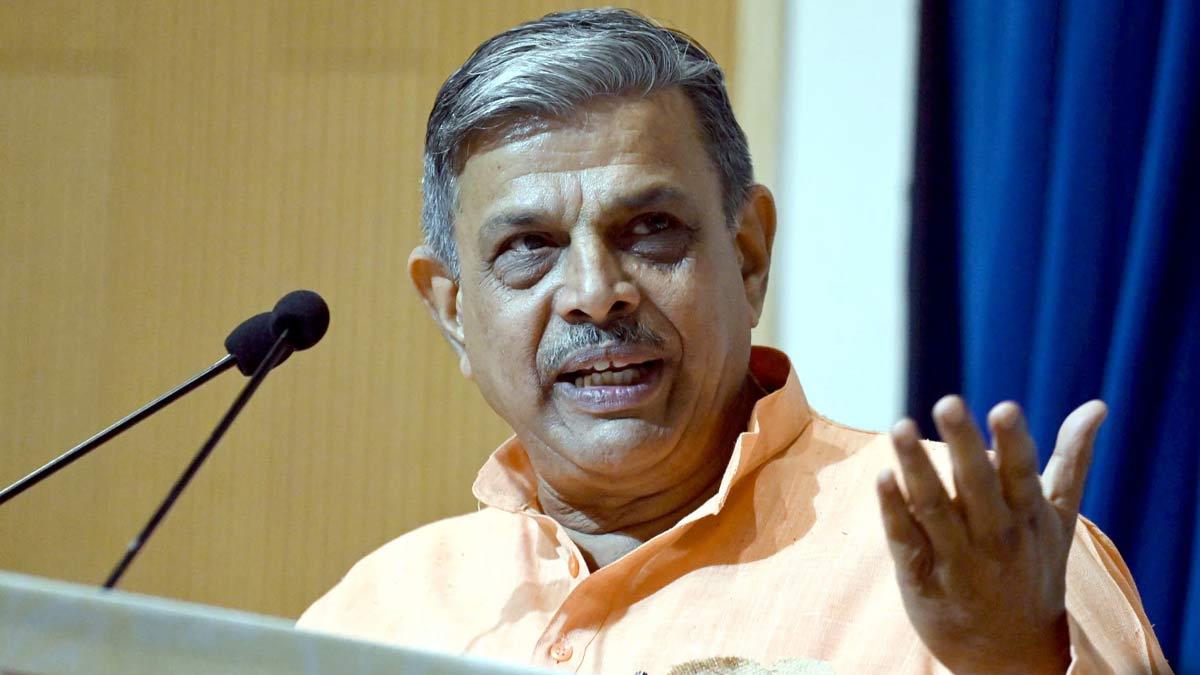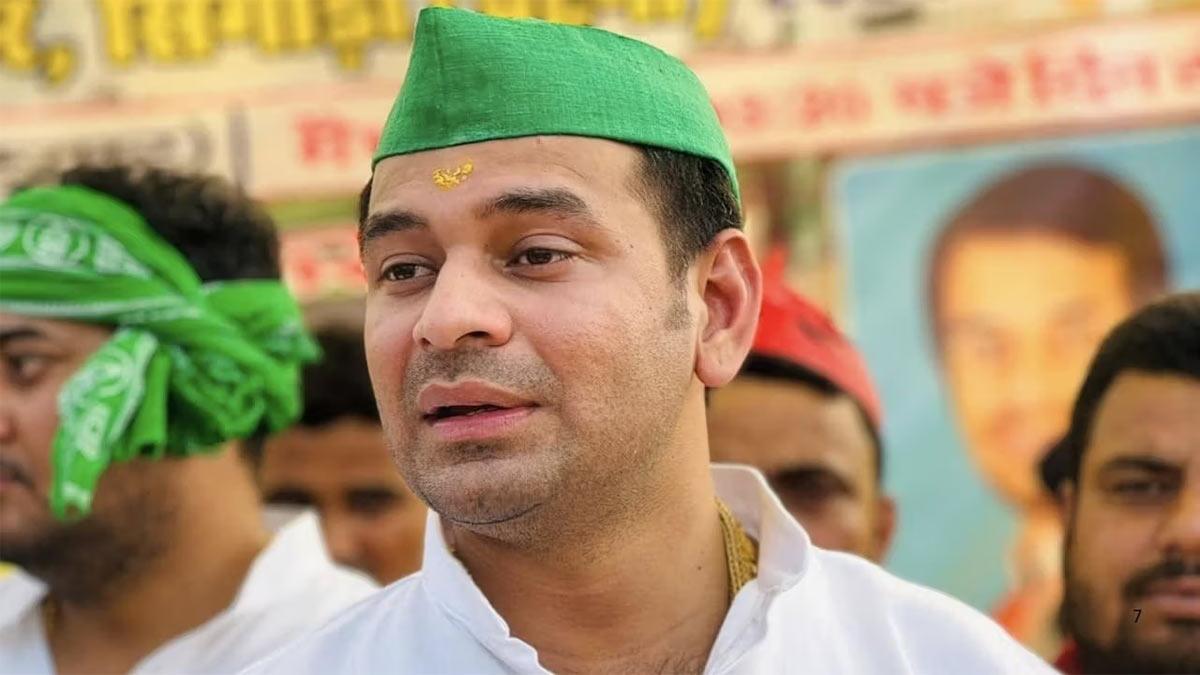The Supreme Court is set to deliberate on Monday an appeal filed by the State Bank of India (SBI) seeking an extension until June 30 to divulge particulars of each electoral bond redeemed by political factions before the program was annulled last month.
Chaired by Chief Justice DY Chandrachud, a five-judge Constitution bench will also address a separate plea requesting the commencement of contempt proceedings against the SBI, alleging deliberate and conscious defiance of the apex court's instruction to furnish details of political party contributions via electoral bonds to the Election Commission by March 6.
Comprising justices Sanjiv Khanna, B R Gavai, J B Pardiwala, and Manoj Misra, the apex court bench is scheduled to convene at 10:30 am to adjudicate upon the two petitions.
In a groundbreaking ruling issued on February 15, a five-judge constitutional bench invalidated the government's electoral bonds scheme, branding it "unconstitutional," and mandated disclosure by the Election Commission of donors, the amounts contributed by them, and the recipients by March 13.
Subsequently, the apex court directed the SBI, the authorized financial institution overseeing the scheme, to furnish details of electoral bonds procured from April 12, 2019, onwards to the Election Commission by March 6, with the Election Commission instructed to publish this information on its official website by March 13.
On March 4, the SBI approached the apex court seeking an extension until June 30 to disclose details of the electoral bonds cashed by political parties.
The SBI argued that extracting information from each repository and aligning the data from one repository with another would be a time-intensive endeavor.
The plea stated that due to rigorous measures implemented to safeguard the anonymity of donors, decoding the electoral bonds and correlating donors with donations would be a complex process.
"It is asserted that donor particulars were safeguarded in sealed envelopes at designated branches, and all such sealed envelopes were lodged at the applicant bank's principal branch in Mumbai," it added.
Subsequently, a separate petition was lodged in the apex court seeking the initiation of contempt proceedings against the SBI for purportedly flouting the apex court's directives.
The contempt plea, filed by NGOs Association for Democratic Reforms and Common Cause, alleged that the SBI's bid for an extension was intentionally filed at the eleventh hour to ensure that donor details and donation amounts remain undisclosed to the public ahead of the upcoming Lok Sabha elections.
"The petitioner herein is filing the instant petition seeking the initiation of contempt proceedings against the State Bank of India for willfully and deliberately disobeying the order dated February 15 passed by this court ... wherein this court directed SBI to submit details of contributions made to political parties through electoral bonds to the Election Commission of India by March 6," the contempt plea stated.
It noted that as per clause 7 of the electoral bond scheme, buyer-provided information can be disclosed upon demand by a competent court.
"As per clause 12 (4) of the scheme, electoral bonds must be redeemed within fifteen days, failing which the unredeemed bonds' amounts are to be deposited by the bank to the PM Relief Fund. Thus, it is inconceivable that SBI does not have readily available recorded information within its database," it added.
The plea argued that electoral bonds are "entirely traceable," as evidenced by the fact that SBI maintains a record of donors purchasing bonds and the political parties they donate to based on secret numbers.
The contempt plea emphasized that any form of financial anonymity concerning political parties contradicts the essence of participatory democracy and the people's right to information enshrined under Article 19(1)(a) of the Constitution.
It contended that the availability of information about electoral bonds will afford voters the opportunity to scrutinize, express, and make informed decisions about their choices.
Read also | Ram Navami Designated as a Public Holiday in West Bengal


















